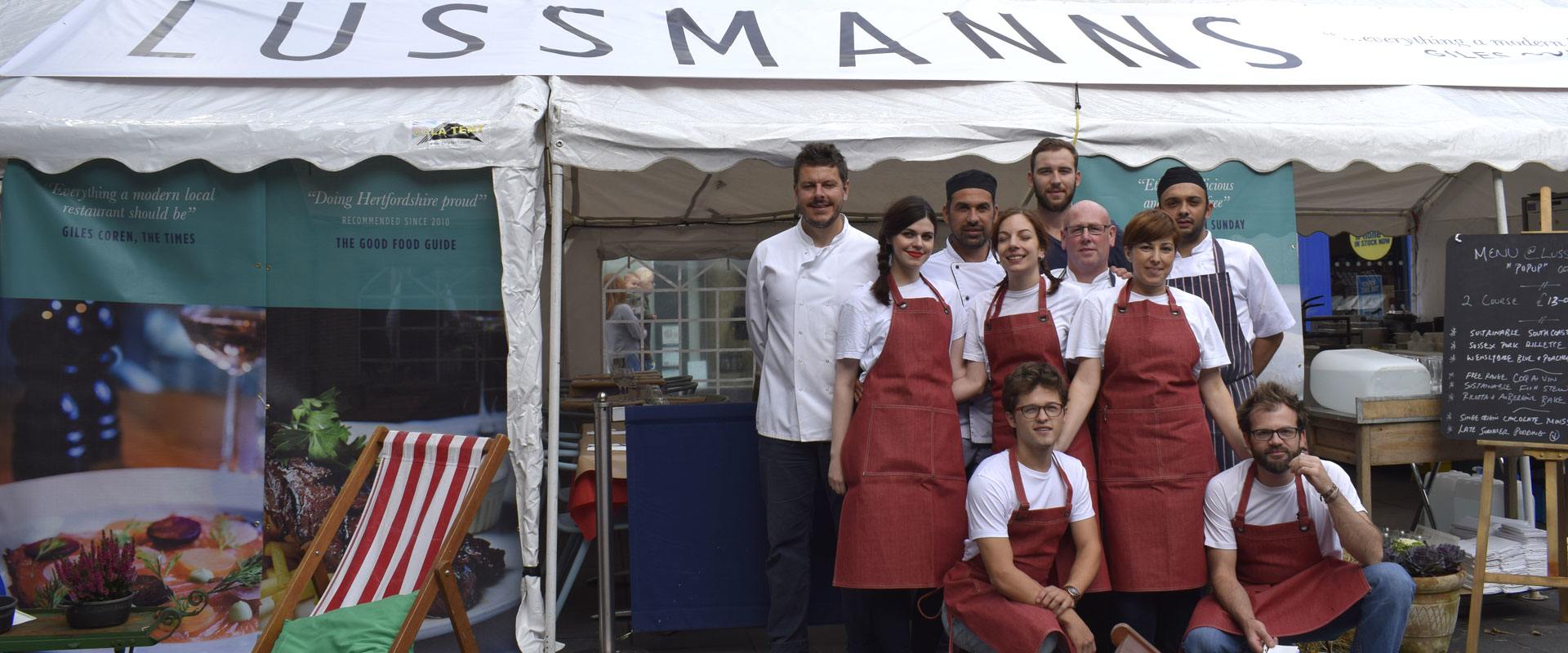The food scene in St Albans has matured greatly during the last decade. As it continues to grow, the city now boasts a good mix of independents and high street names, with several new restaurants opening this year alone. Alongside, a small army of local food producers and brewers have started to blossom.
Like many cathedral cities in England, the high street has been transformed, with more eateries, hairdressing salons and foodie shops than at any time. We must not forget though that our high streets did host a good number of public houses – no less than 100 on Markyate’s own High Street – some 150 years ago. Alas the pubs, not unlike the French cafés, are facing a long and drawn out suffocation now that the desire for drinkers to down their weekly wage has diminished.
But there is much to champion, with good independent pubs often offering better food, welfare and provenance in abundance along with the ability to enjoy a pint without having to smoke. With rates and rents being so high, an abundance of ‘free of tie’ pubs has now been unlocked, giving up-and-coming chefs the opportunity to develop their trade without fear of immediate closure.
Has the introduction of chain restaurants provided us with a wave of homogenous eating where the offering is often dour and lacklustre, or welcome reassurance in a world of constant change? Dull and far from genuine they may often be, but one must applaud their value, accessibility and knack of making their offering consistent.
Subsequent generations of chains have reworked the high street, often for the better, and challenged lazy independents to either roll over and die or become something worthy. Commercially successful independents are often twice the class of their brand adversary, but without competition from the chains we would have never have grown up.
Not so long ago, our parents left us in the back of the pub car park with a packet of Smith’s crisps. There were Berni Inns and, on very rare special occasions, a hotel visit (Nana’s 70th) but, in reality, apart from those lucky enough to drive over to the continent there was little else to tickle one’s fancy. In simple terms we have never had it so good.
Today we are all experts. The world of eating out has changed immensely – we travel, enjoy time with the family and subsequently demand more for our buck than our parents ever did. When we were younger we got dirty, spent hours roaming and always felt hungry, very hungry. Today this is almost impossible with the constant appeal of food found on every corner. From churches to garages, charity shops to upmarket boutiques they are all at it, serving up the very best in single origin coffee and organic local biscuits made by hand. Worthy it is, required it’s not.
The odd thing is that we connect more with food now, but cook less than ever. We appreciate the humanity and welfare needed in providing good provenance in what we buy, but continue to search for what is cheap and convenient. And we understand the need to eat correctly while experiencing soaring levels of obesity, tooth decay and diabetes.
Supermarkets and TV have a very big part to play regarding what is in vogue and where the next super ingredient / dish / restaurant / coffee should come from. But, keeping it local, simple and honest will favour us all in the long term. There’s no better place to start than eating English fruit when it’s in season. Food festivals, such as our own here in St Albans, help to integrate sustainable ethics and commercial values. They illustrate the value of local enterprises like The 3 Brewers of St Albans, Redbournbury Mill, Earthworks and Food Smiles St Albans, where providing jobs and establishing demand for regional production is key.
These community initiatives and independent businesses help to demonstrate further the need that there is space for commercial, social and ethical integration to help us get back what has been lost.



